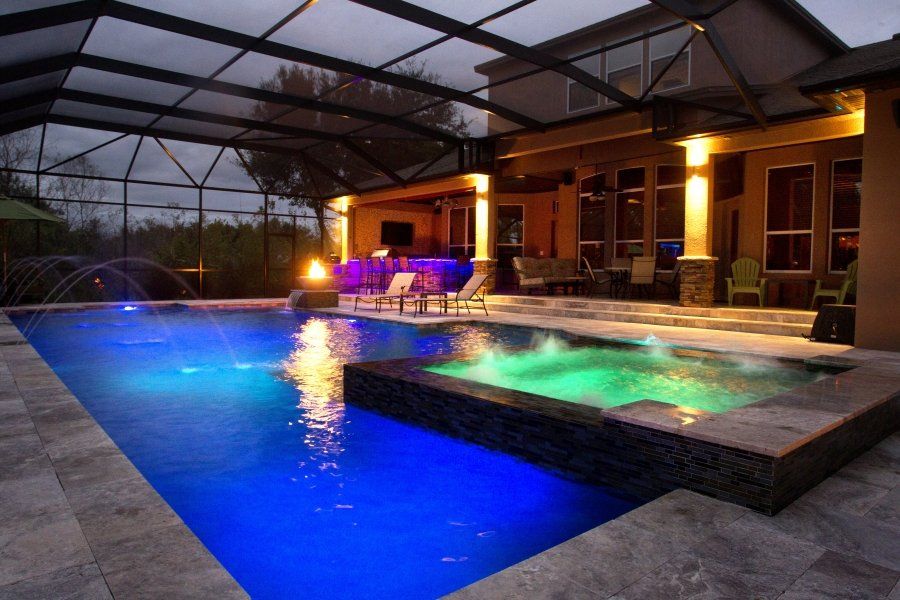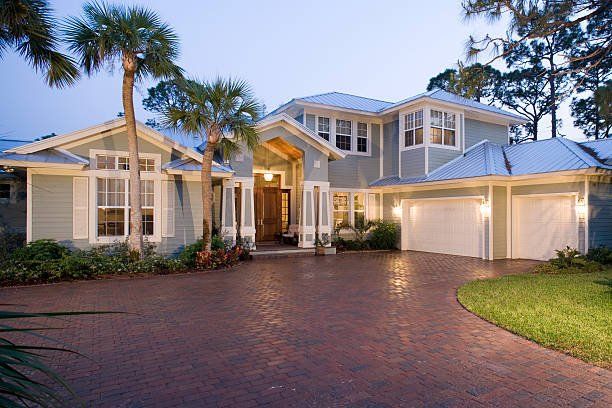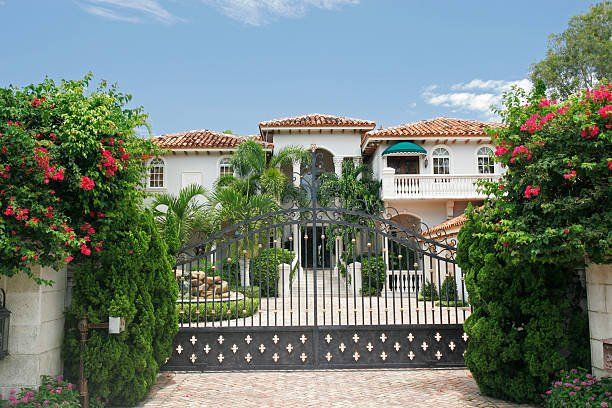Home Warranties Versus Homeowner’s Insurance: Why You May Want Both
Home Warranties Versus Homeowner’s Insurance: Why You May Want Both
If you’re new to home buying or homeownership, you may be a little bit confused about the must-haves and the nice-to-haves in home protection. Home warranties and homeowner’s insurance come in several varieties. They share some common features, but they’re definitely not the same thing. Let’s look at some of the similarities and differences between these two products so you understand your responsibilities as a homeowner and choose the products that best suit your needs.
What’s the Same?
Both home warranties and homeowner’s insurance involve paying a monthly or annual premium for protection for a specific amount of time. Both will protect you financially by covering certain kinds of damage to your home. When you make a claim, you will be charged a deductible, which is generally customizable with both products. But that’s pretty much where the similarities end.
Coverage Type and Deductible Options
Both home warranties and homeowner’s insurance allow you to tailor certain policy features to suit your needs. For example, with a home warranty, most companies allow you to select coverage for systems, appliances, or both. Some offer pre-set packages, while others let you pick and choose the items you need covered. If you own a pool, you can elect pool repair coverage. Homeowner’s insurance companies also permit you to add “riders” to your policy to cover items that are not normally covered in a basic policy. If you keep a lot of expensive jewelry or antiques in your home, it’s a good idea to look into adding riders to your policy, so you’ll be fully protected.
Many home warranty and all homeowner’s insurance companies allow you to customize your deductible. In the case of a home warranty, the deductible you pay is actually a service call fee. Home warranty deductibles generally range from $60 to $125. Homeowner’s insurance policies usually offer deductible choices between $500 and $2000, but some policies establish your deductible based on a percentage of your home’s value. Choosing a higher deductible will bring the cost of either type of policy down.
Know Your Coverage Limits
With a homeowner’s policy, you can generally choose your coverage limits. Your mortgage lender will require that you carry insurance that meets or exceeds the fair market value of your home. If you live in a home that wouldn’t necessarily fetch a high price on the market, but would cost a great deal of money to rebuild—such as in the case of a historic home that features high-quality or unique craftsmanship—it’s best to choose coverage limits that exceed your home’s value. There are two types of property insurance: Actual Cash Value (ACV) and Replacement Cost Value (RCV). Here’s the difference. Let’s say your home suffers a catastrophic fire. If your home features expensive but older appliances, ACV would cover the cost of buying a used gourmet fridge or stove. RCV would cover the cost of purchasing a brand new stove with the same features as your old stove. Similarly, if your home features elaborate plaster molding around your light fixtures, ACV coverage would pay to have a store-bought product installed in your home. RCV coverage would pay out enough for you to hire an expert plasterer to rebuild your molding to original spec.
Home warranties, by contrast, usually have very specific limits around how much they will pay out to repair or replace specific items like a washing machine or heating system. Often those limits will not cover the entire cost of replacing an appliance or system. That’s why you should carefully study the coverage limits of any home warranty. RCV coverage is not an option with home warranties. Furthermore, many home warranties limit the total amount they will pay out in a single policy term, which is usually one year. It’s up to consumers to decide whether a home warranty is worth the price. The good news is that home warranties cost less than homeowner’s insurance. A comprehensive systems and appliances plan could cost you as little as $500, while the average cost of homeowner’s insurance on a $250,000 home is around $1400. Of course, that includes both liability and property insurance. Home warranties provide no liability protection. But they do cover items not covered by property insurance. That’s why many homeowners decide to carry both.
Get Some Expert Advice
If you’re new to homeownership, your realtor can be an invaluable resource, helping you make smart financial decisions throughout the home buying process. For example, you may be able to negotiate with a home seller and persuade him or her to include a home warranty in your purchase and sale agreement. That’s a growing trend but not all sellers follow suit. In addition, realtors often have relationships with homeowner’s insurance companies and can steer you in the direction of a great agent. Financial advisors are also typically well-versed in insurance. Your home is likely one of your largest financial assets and a financial advisor can help you protect it and afford it. And that’s what home warranties and homeowner’s insurance are all about.


















